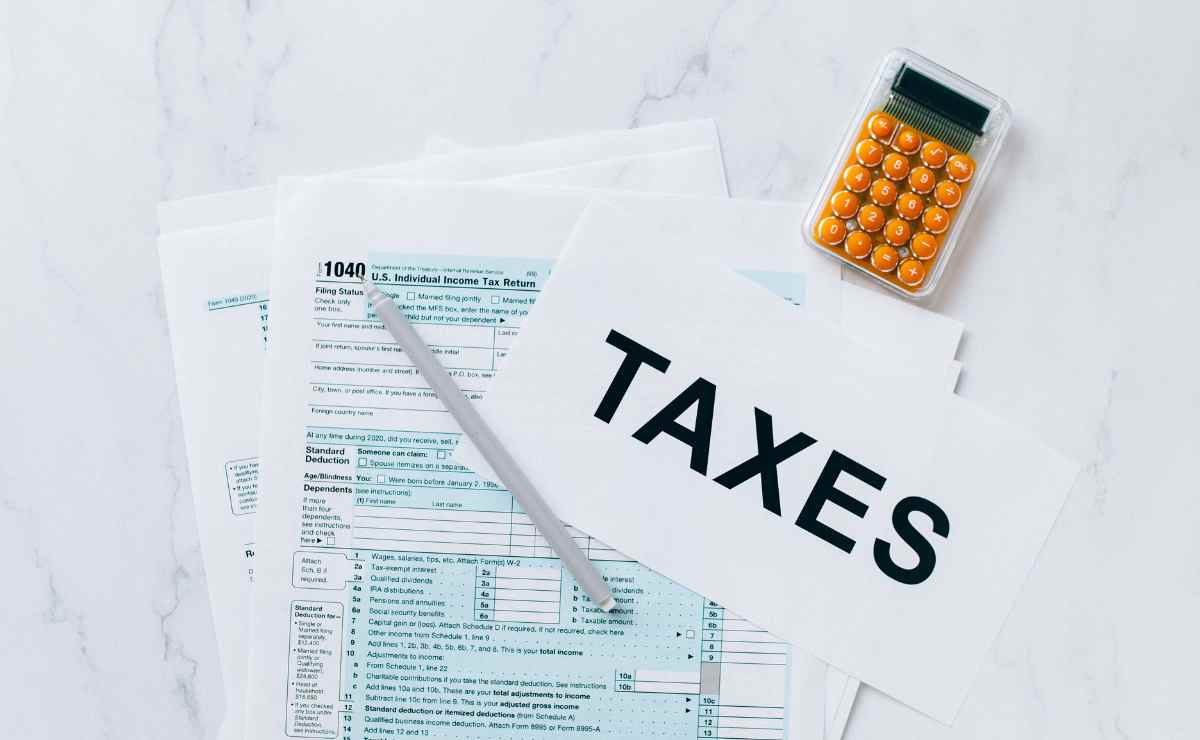Virginia state Senate Democrats slowed down Governor Glenn Youngkin’s $1 billion tax cut proposals, following a vote of support from House of Delegates Republicans the day before.It is likely that the tax cut proposal will be subject to negotiation and compromise later in the legislative session. However, in an effort to garner public support, Governor Glenn Youngkin made campaign-style appeals this week.
In a meeting with small-business owners on Tuesday, he encouraged them to contact both Democratic and Republican delegates and senators to express their support for the tax cuts. He urged them to send emails, call their offices, and write notes to communicate their views.
Tax cuts proposed by Youngkin
Last year, Youngkin and the General Assembly agreed to a $4 billion tax cut package. However, this year many Democrats are hesitant to support further tax cuts due to concerns about a potential national economic downturn that could decrease state revenue. On the other hand, Republicans argue that with a projected $3.6 billion surplus in the state budget, the cuts can still be afforded. Youngkin has been trying to drum up public support this week by making campaign-style pitches.

The Senate Finance and Appropriations committee voted along party lines to send most of Youngkin’s proposals to the same subcommittee that had recommended killing them, effectively putting them on hold. The measures include reducing the corporate tax rate from 6% to 5%, increasing the small business deduction, increasing the standard deduction for individuals to $9,000, up from $8,500, and doubling that for married couples filing jointly, and decreasing the top marginal tax rate from 5.75% to 5.5%. These proposals will likely face horse trading and compromise later in the legislative session.
However, the Senate will have another chance to review these proposals when they receive similar legislation from the House of Delegates. While the pension exemption is set for a floor vote in the House and was approved by the Republican majority, the other tax cuts were also passed on party-line votes with Democrats opposing tax relief for wealthy individuals and corporations.
Del. Vivian E. Watts (D-Fairfax) proposed an alternative bill that would provide greater standard deductions for individuals and make the earned income tax credit fully refundable, which would benefit low-income working families. She argued that her measure would cost half as much as Youngkin’s plan, allowing for more investment in areas such as teacher pay, mental health-care programs, or fully funding K-12 education.
Other Democrats arguments
Other Democrats maintained that it was incorrect to claim that the state has a budget surplus when fundamental issues such as school funding remained unresolved. However, Del. Joseph P. McNamara (R-Roanoke), who sponsored two of the primary tax-cut bills, stated that the state has overtaxed its residents for too long. He questioned, “At what point is enough, enough?” and added, “At some point, if the government takes all of the money…then the very people we are trying to help are the people that are being hurt.” The House bills will now proceed to the Senate, where Democrats have expressed opposition to a reduction in the corporate tax rate but have expressed some willingness to support increased standard deductions and tax breaks for small-business owners.
The final details of the tax cuts will be determined by a few budget negotiators from both the House and Senate, who will meet later in the session before it ends on Feb. 25. Meanwhile, Governor Youngkin is set on maintaining the pressure. During a rally on Monday, he made a lively pitch that resembled a polished political ad, complete with a grand American flag backdrop and a cheering audience of young families. The children and parents held up signs that spelled out “Compete to Win,” a recent slogan for Youngkin, which were financed by his political action committee, Spirit of Virginia.